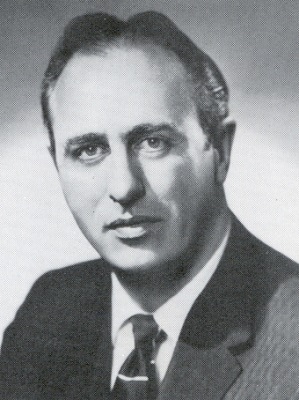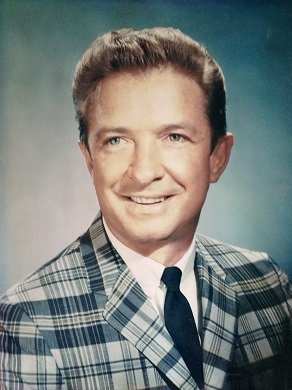Television HOF
Newton, Todd
 Todd Newton – 2015
Todd Newton – 2015
Daytime Emmy Award winner Todd Newton’s broadcasting career began on WKBQ radio and KPLR-TV in St. Louis, where he used the nom-de-air of Rikk Idol. Newton grew up in Oakville in St. Louis County. He left his hometown and moved to Los Angeles to pursue his dreams, landing gigs as a host on several national programs. Newton also authored books about the business: The Host with the Most: Tales of a Tattooed Television Personality, and Life in the Bonus Round: A Game Show Host’s Road to Success and Fulfillment-which was named Best Autobiography at the prestigious Beverly Hills Book Awards. He returned for a short stint on KIHT/KNOU in 2015, and at that time, he and his family created Newton Fund 4 Kids to support St. Louis’ Cardinal Glennon Children’s Medical Center.




